What Is A Gpu Server – Exploring The Technology Behind Graphics Processing!
In the modern tech-driven world, the demand for faster, more efficient, and powerful computing solutions has led to the development of various technologies, one of which is the GPU server. Whether you’re a business in need of high-performance computing or a gamer looking for the best experience, GPU servers offer substantial improvements over traditional CPU-based servers. But what exactly is a GPU server, and why is it becoming a cornerstone of modern computing?
Understanding the Basics: What is a GPU Server?
A GPU (Graphics Processing Unit) server is a server that leverages the power of GPUs to accelerate computational tasks, particularly those involving parallel processing, such as rendering images, processing large data sets, or training artificial intelligence models.
Unlike traditional CPU-based servers, which rely primarily on central processing units, GPU servers incorporate one or more GPUs to handle tasks that require intense graphical or parallel processing power.
How Does a GPU Server Work?
A GPU server operates by offloading specific computational tasks from the CPU to the GPU. The GPU is designed for parallel processing, which means it can handle many tasks simultaneously, making it especially effective for tasks that involve large amounts of data or complex calculations.
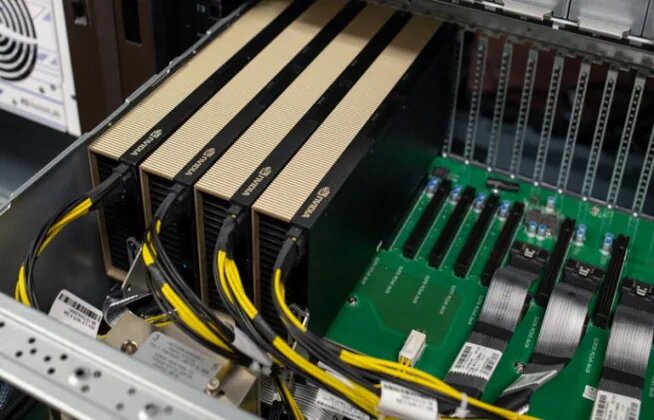
For example, while a CPU may excel at handling tasks that require sequential processing, such as running an operating system or executing a single-threaded application, a GPU shines in environments where many calculations need to be performed at once, such as in scientific simulations, machine learning, or gaming graphics.
Key Features of GPU Servers:
1. High-Performance Computing (HPC)
GPU servers are widely used in High-Performance Computing (HPC) environments. HPC tasks involve solving complex mathematical and scientific problems that require immense computing power. GPUs, with their ability to process multiple operations in parallel, make them ideal for these tasks.
2. Artificial Intelligence and Machine Learning
In AI and machine learning, particularly in deep learning models, the computational demand can be immense. GPU servers allow for faster model training and more efficient data processing by distributing tasks across multiple GPUs.
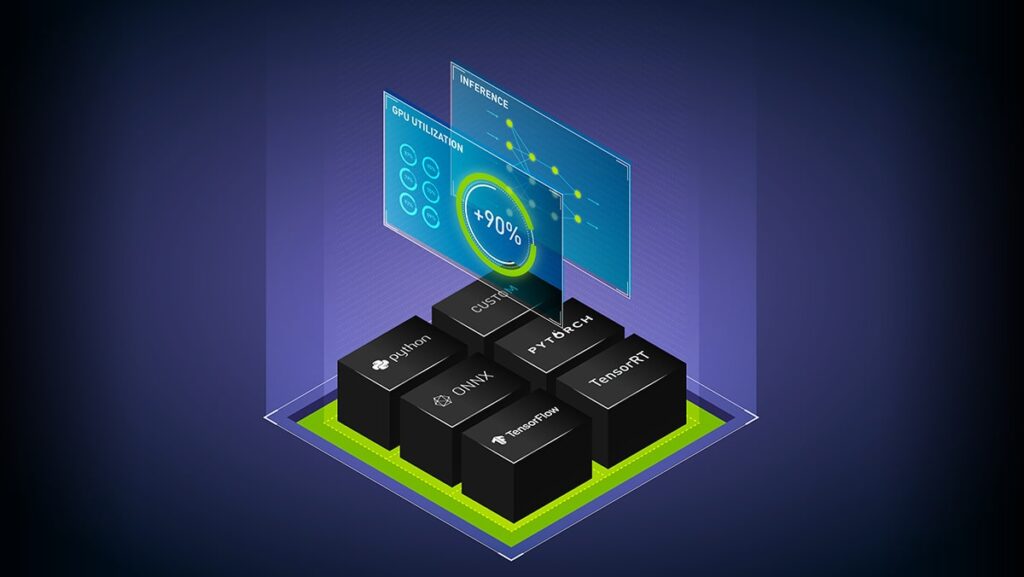
3. Enhanced Graphics Processing
As the name suggests, GPUs are designed primarily for graphics rendering. Whether it’s rendering high-quality images in video games, 3D modeling, or virtual reality (VR), GPU servers can process these tasks with unparalleled efficiency compared to traditional CPU servers.
Benefits of Using a GPU Server:
- Improved Efficiency: One of the key advantages of a GPU server is its ability to perform large-scale parallel computations, which allows for faster processing times and improved efficiency, particularly in tasks like image processing, neural network training, and large-scale simulations.
- Scalability: GPU servers can be scaled by adding more GPUs to a system, offering the flexibility to increase processing power as needed. This makes them suitable for companies that need to expand their computing resources without completely overhauling their infrastructure.
- Cost-Effectiveness: By speeding up processes that would otherwise take significant time on traditional servers, GPU servers can reduce operational costs. For example, in the field of AI, a task that may take days to complete on a CPU server can be completed in hours on a GPU server, saving both time and money.
- Versatility: Although GPU servers are primarily known for their graphic processing capabilities, they are incredibly versatile. Beyond gaming and graphics-intensive tasks, they are used in fields such as cryptocurrency mining, biological research, finance, and automotive industries for simulations and machine learning models.
Industries That Benefit from GPU Servers:
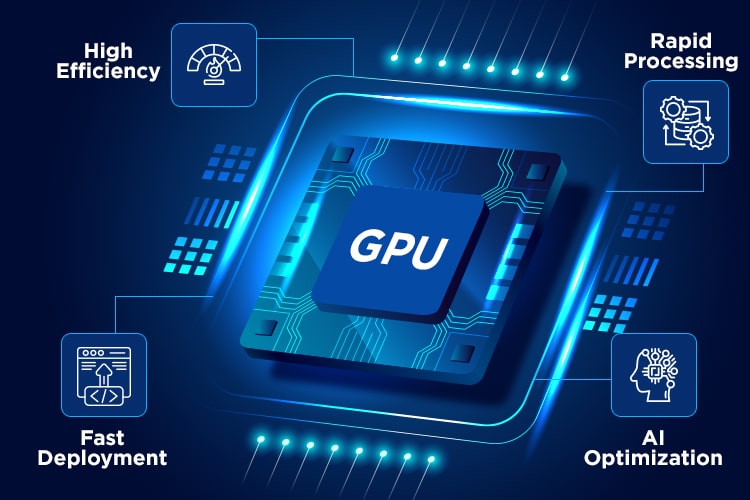
1. Gaming Industry
GPU servers are essential in the gaming industry, where high-quality graphics and real-time rendering are critical for user experience. Cloud gaming services, which allow users to stream games from a remote server, depend heavily on GPU servers to deliver smooth and responsive gameplay.
2. Artificial Intelligence and Machine Learning
AI and machine learning require substantial computational power, especially for deep learning models. GPU servers are employed to handle these tasks due to their ability to process multiple computations at once, leading to faster and more efficient AI model training.
3. Cryptocurrency Mining
Cryptocurrency mining involves solving complex cryptographic puzzles, which require extensive computing power. GPU servers, with their parallel processing capabilities, are ideal for this task, allowing miners to solve these puzzles more efficiently than with CPU-based servers.
4. Healthcare and Research
In healthcare, GPU servers are used for medical imaging, simulations, and research. For example, GPU servers can assist in tasks like analyzing large datasets from medical scans or running simulations for drug discovery.
Choosing the Right GPU Server for Your Needs:
When selecting a GPU server, it’s important to consider the specific needs of your business or project. Key factors to consider include:
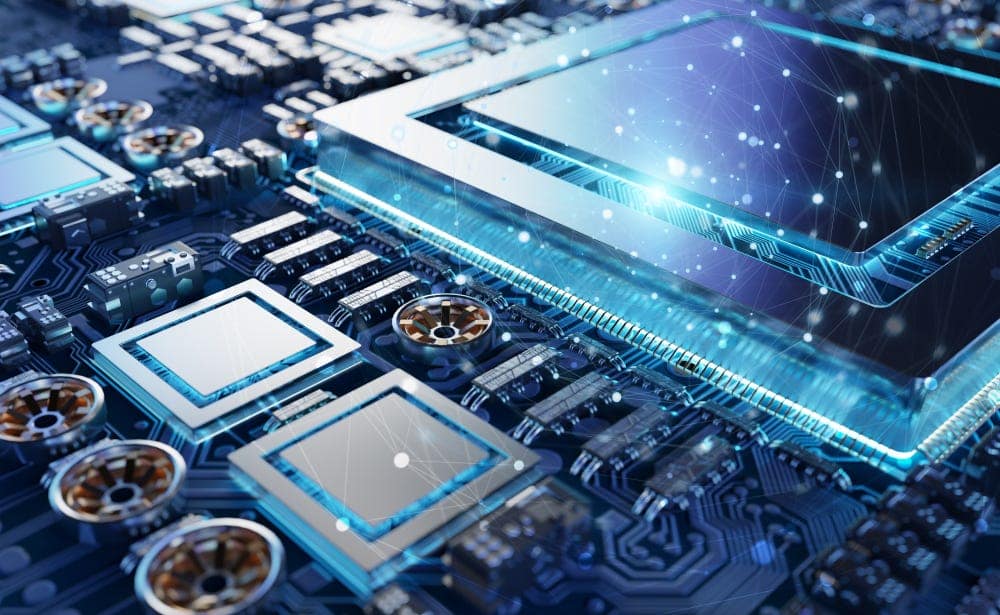
- Type of GPU: Different GPUs are optimized for different tasks. For instance, NVIDIA’s Tesla series is geared towards AI and deep learning, while the GeForce series is more suitable for gaming and graphics-intensive tasks.
- Number of GPUs: Depending on the complexity of your tasks, you may need a server with multiple GPUs to handle the workload efficiently.
- Cooling Solutions: GPU servers generate significant heat, especially during heavy use. Ensure that your server has adequate cooling to prevent overheating and potential damage.
Why Are Businesses Turning to GPU Servers?
1. Accelerating Data-Intensive Applications
As the volume of data generated continues to grow exponentially, businesses are finding that traditional servers can no longer keep up with the demand. GPU servers provide a solution by accelerating data-intensive applications such as machine learning, big data analytics, and real-time data processing.
2. Enabling Real-Time Decision Making
For businesses that require real-time decision making, such as financial trading firms or autonomous vehicle developers, the speed and efficiency of GPU servers are invaluable. These servers can process vast amounts of data in milliseconds, allowing for quicker and more informed decisions.
3. Supporting Remote Work
With the rise of remote work, businesses need powerful servers to support virtual environments and cloud computing. GPU servers, with their ability to handle intensive graphical tasks, are ideal for supporting remote teams that work with design, video editing, or 3D modeling.
FAQ’s:
1. What is the main difference between a CPU and a GPU server?
The main difference lies in their processing capabilities. CPU servers are designed for sequential processing tasks, while GPU servers excel in parallel processing, making them ideal for graphics, AI, and data-intensive tasks.
2. Why are GPU servers important for AI and machine learning?
GPU servers can handle multiple computations simultaneously, which speeds up the training of AI models and allows for more efficient processing of large datasets.
3. Can a GPU server be used for non-graphics tasks?
Yes, GPU servers are highly versatile and can be used for various non-graphics tasks, including machine learning, cryptocurrency mining, and scientific simulations.
4. How does overclocking affect a GPU server?
Overclocking can boost performance by increasing the GPU’s clock speed, but it also generates more heat and may require enhanced cooling systems to maintain stability.
6. Are GPU servers more expensive than CPU servers?
Generally, GPU servers are more expensive due to the additional hardware required for graphics processing and parallel computing. However, they often deliver a higher return on investment in data-intensive tasks.
7. How does a GPU server improve gaming experiences?
GPU servers enhance gaming by providing high-quality graphics rendering and real-time processing, leading to smoother gameplay and better visuals.
8. What is the role of cooling in GPU servers?
Cooling is critical in GPU servers due to the high heat output generated by GPUs. Proper cooling prevents overheating and ensures stable performance under heavy workloads.
9. Can GPU servers be used in the cloud?
Yes, many cloud service providers offer GPU servers for tasks like cloud gaming, AI training, and big data processing, allowing businesses to scale their computing power without maintaining physical hardware.
Closing Remarks:
GPU servers represent a significant advancement in the world of computing, offering faster processing speeds, improved efficiency, and unparalleled power for handling graphics and parallel computing tasks. As industries continue to embrace more data-intensive and graphics-heavy applications, the role of GPU servers will only grow more essential.
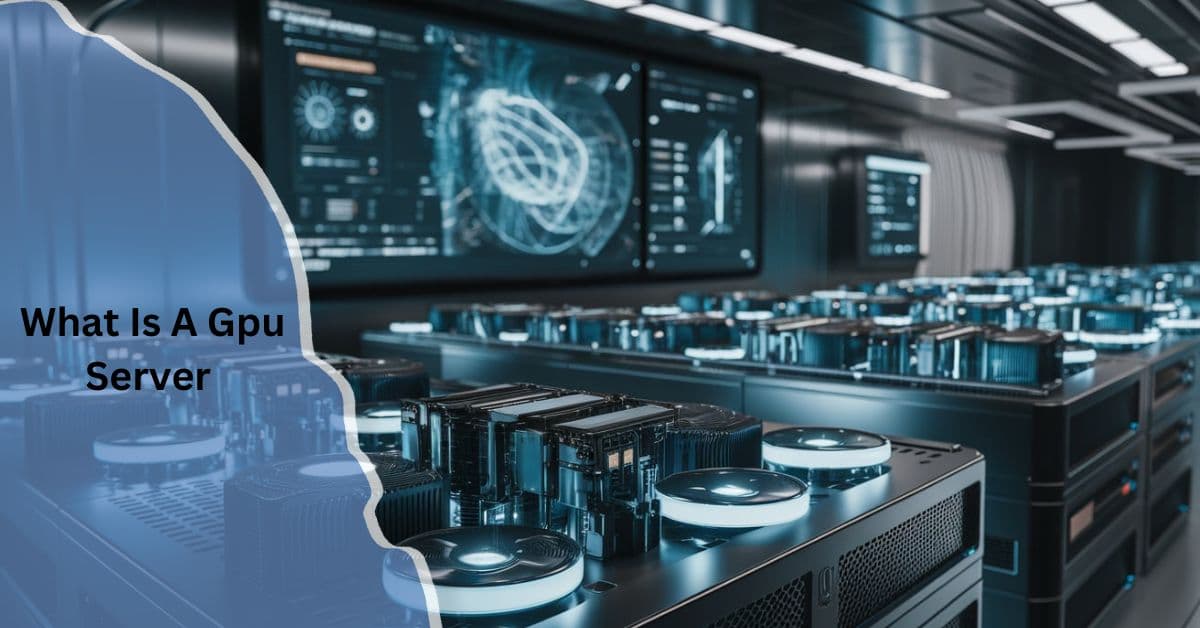
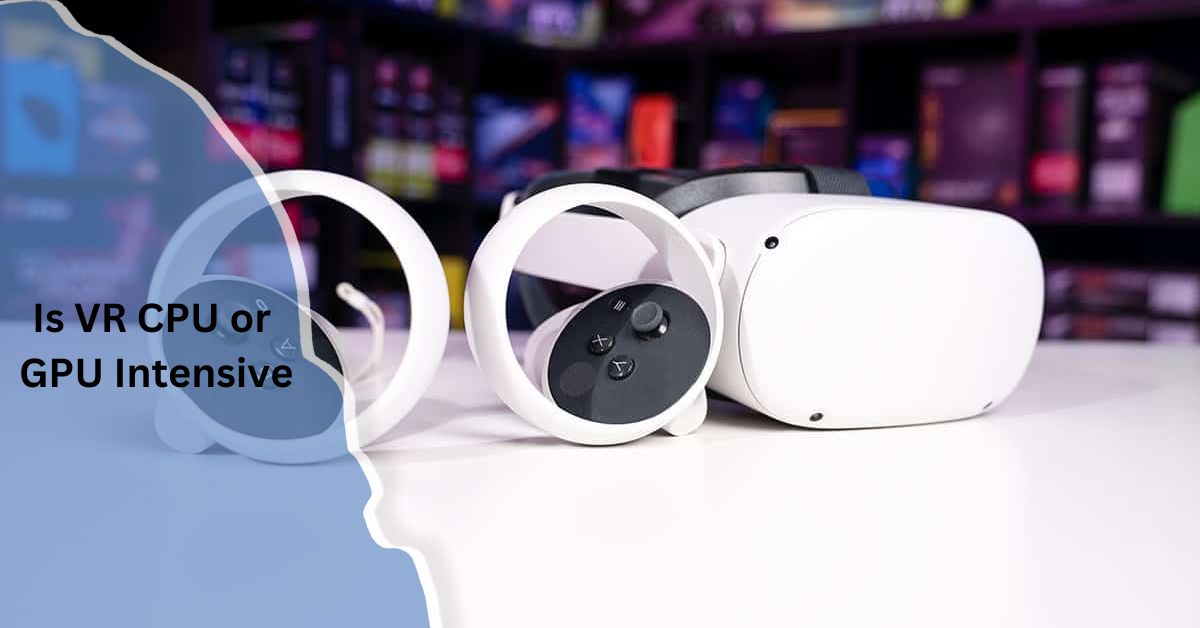
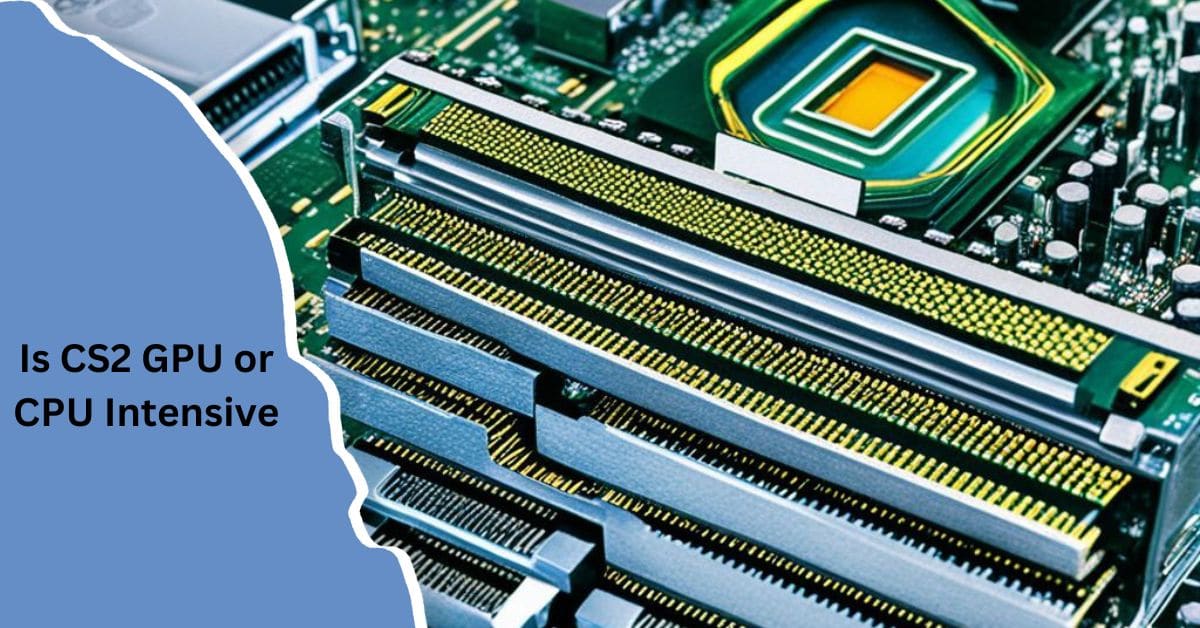
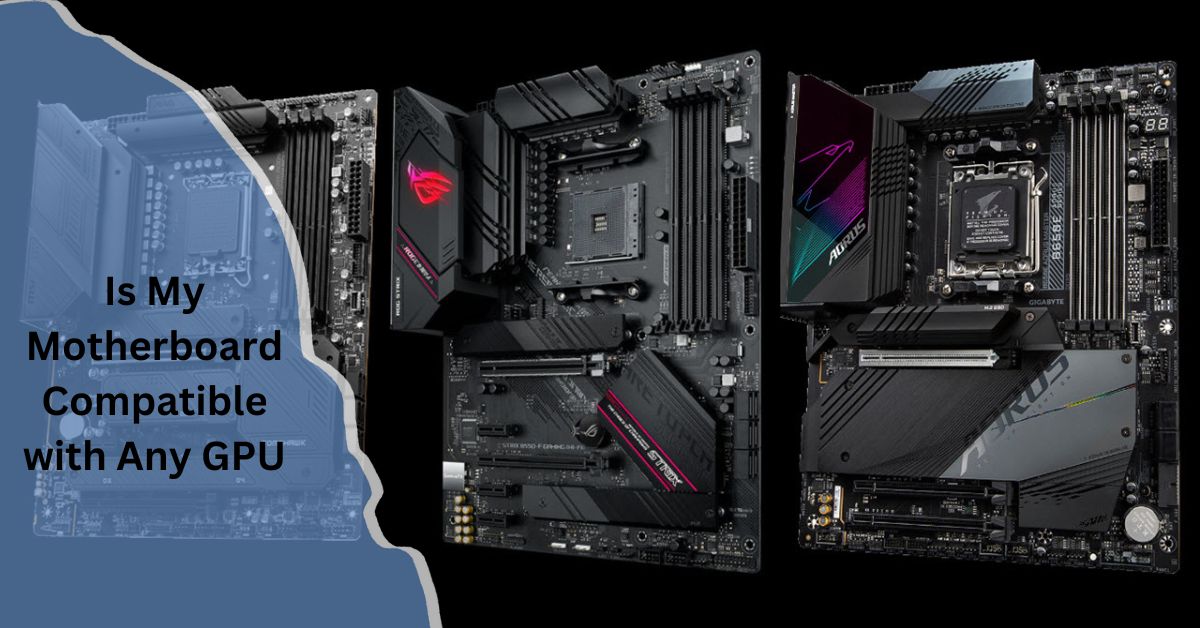










Post Comment